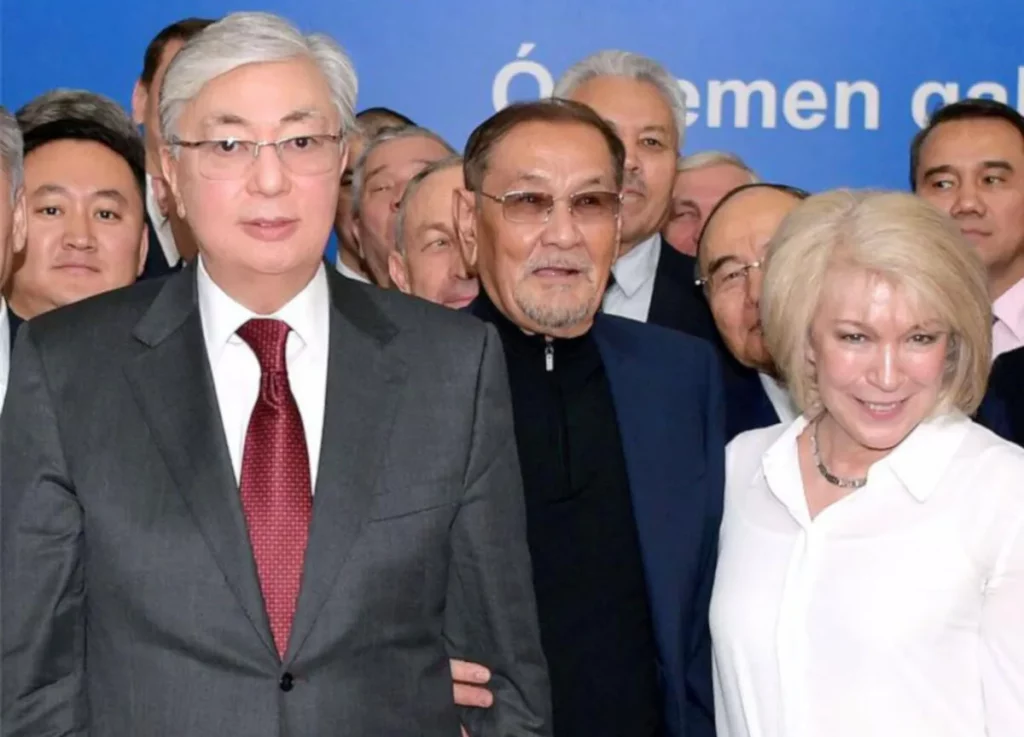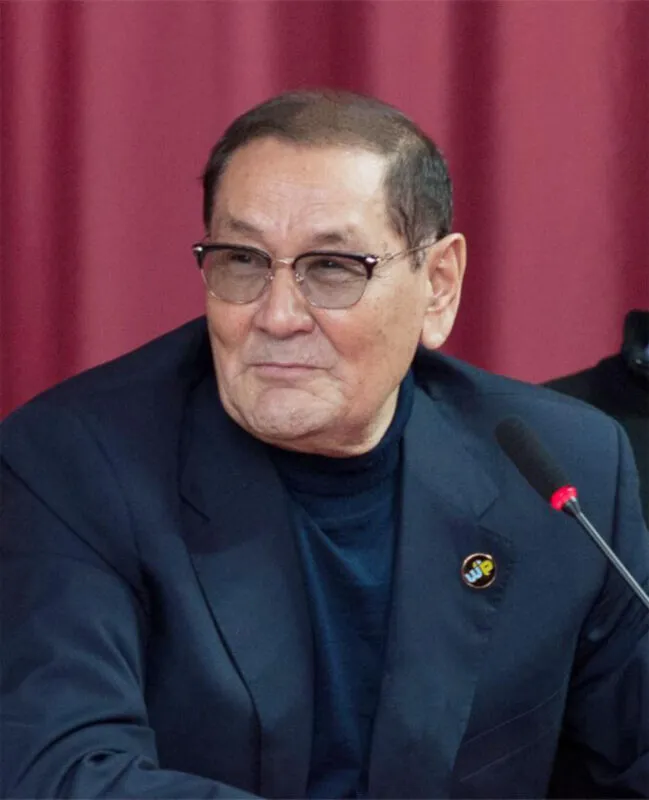The path to world standards or to doom?
The rapid development of the world does not allow mistakes – they cost the state too much. Therefore, modern Kazakhstan requires a reasonable understanding of our capabilities and a carefully thought-out development model

As a scientist, a rector with 40 years of experience, I consider it necessary to share my anxiety and professional concern about today’s problems in domestic science. Head of State Kassym-Jomart TOKAEV has already spoken about this at a meeting of the National Science Council. I support the president’s thesis that “without science the country is doomed,” but I want to develop it further. I am alarmed by the government’s excessive desire to manage scientific processes through unreasonably strict regulations.
For example, our scientists, if they intend to receive an academic title, take part in scientific competitions, or supervise doctoral students, must publish their scientific articles exclusively in journals indexed in the international database Scopus and Web Science. If this is the path to world standards, then such measures to achieve the goal are very doubtful for Kazakhstan. Why?
Firstly, it is impossible to give orders to science; moreover, such stringent requirements literally paralyze the capabilities of the younger generation entering big science. Scientists coming to the defense found themselves hostage to these very legal acts. And all this is a path to the infringement of academic freedom, creativity, to a decrease in interest in scientific activity, to the departure of talented researchers to other fields of activity and even, which is unacceptable, to other countries. It is no coincidence that the president raises the question of the need to return our scientists to Kazakhstan.

Secondly, the new policy in terms of scientific publications leads to a decrease in the prestige of national journals, in which the number of quality publications has decreased. This is understandable: scientists strive to publish abroad, because it is profitable. Hence the weakening of the importance of Kazakhstani journals, the reduction of their contribution to the development of the academic environment of the republic, namely, they should be focused on national needs. For example, the problem of preserving lakes Zaisan, Balkhash, and Markakol primarily concerns our country. And foreign magazines are concerned with this issue very indirectly. At one time, it was our publications in Kazakhstani journals that were significant in the world of science!
A significant problem is the high financial costs of publishing in international journals, especially in those that operate on an open access model. And most foreign magazines work according to this model. There are also difficulties with time costs. You have to wait not months, but years, for a scientific article to be accepted for publication in the international database Scopus and Web Science. Where will new professors at our regional universities come from then? They will simply have to be closed due to scientific inconsistency, depriving them of their license.
Unjustified attention to the publication activity of university scientists with an emphasis not on the content and quality of scientific articles, their significance, but on their quantity leads to the fact that we are forced to demand expensive publications from teachers. Moreover, under the threat of dismissal. Is this acceptable? In this case, the main goal of the research shifts from the search for scientific truth to the formal achievement of quantitative standards.
Let’s turn to world practice. In advanced countries (Great Britain, USA, Germany, Canada, Singapore, South Korea), the determining criterion for a scientific publication is not the place where it was published, but the quality of the research, its relevance, and novelty. This approach encourages innovation and original research and supports diversity in scientific disciplines and methods. Therefore, I believe that an immediate review of the policy regarding publication requirements is necessary.
To do this, it is necessary to develop measures to support national scientific journals, including university ones, and provide financial support for scientists to publish their works. Revise the criteria for assessing scientific activity, making the real contribution of each researcher to the development of domestic science determining. The main thing is to get away from formalism, allowing scientists to focus on significant scientific discoveries. Achieve free and productive scientific exchange. Scientists are not born, they are made. And we, the older generation of professors and academicians of the National Academy of Sciences, are obliged to support their formation into a promising scientific community.
Another important point is that the President of Kazakhstan in his speech emphasized the importance of the development of regional universities, designed to provide local training of personnel, including scientific ones, in accordance with the specifics of the region and its needs. At the stage of building the independence of the republic, we, the Ministry of Education, managed to launch the process of creating regional universities in East Kazakhstan, Akmola, Atyrau, Taldykorgan, Pavlodar, North Kazakhstan regions. Later, using this technology, similar universities were created in all other areas, which was justified by time. This was due not only to the shortage of specialists, but also to the development of scientific activity for regional problems. This was significant support from the regions.
In this regard, the current policy of the Minister of Science and Higher Education Sayat NURBEK to support regional and private universities through grant funding for scientific research deserves approval. The more grants a university receives, the more significant the strengthening of its material and technical base will be. This means connections with foreign partners. And in order to provide more targeted support for such universities, I propose holding separate competitions for them when allocating grants (today they are concentrated mainly only in universities in Astana and Almaty). But, as practice shows, the holders of these grants do not leave capital universities for the regions of the country. I hope that the head of state will agree with me. I know him as a true professional from his joint work as part of two governments.
I fully support the head of state’s concern for the development of Kazakhstani science, his decision to return the National Academy of Sciences to state status. Now we are waiting for the government to develop a specific mechanism for the further development of the National Academy – the center of science in a modern country. Unfortunately, this issue is still at the level of talk.
And there’s one more thing I want to say. We are obliged to maintain continuity in science. The worthy contribution of the older generation to it cannot be devalued. I consider immoral the proposals and publications in the press of some authors about the removal from the National Academy of Sciences of honored senior academicians, State Prize laureates, Heroes of Socialist Labor, whose names are known to world science. This is nothing more than an unfair rejection of their mentors, their legacy, because there are few honored members of the academy left.
I consider the vicious practice of immediate dismissal of pensioners – honored professors, doctors of science, leading university specialists – to be mediocre and degrading to the dignity of the nation. They must be retained in his state, albeit in a different status (this is what is done in the civilized world). It is impossible to violate the centuries-old traditions of the Kazakh people: “Ulkenge – kurmet, kishige – izet.”
As a professional who works to this day, I am deeply convinced that there was and is science in the country. It has enormous potential both for public administration and for economic development. However, erroneous policies may limit the possibilities of this national potential, and very soon we may be left without talented scientists who could lead us in the future, who are ready to serve their native republic. And this is the inevitable doom of multinational Kazakhstan. We cannot allow this. Over the past three decades, we have already slowed down somewhat in our development. But we are all responsible for the fate of our country!
Erezhep MAMBETKAZIEV, President of the Kazakh-American Free University, Doctor of Chemical Sciences, Academician of the National Academy of Sciences, ex-Minister of Education, Deputy of the Supreme Council of the 12th convocation, Honorary Rector of Kazakhstan
Source: Time